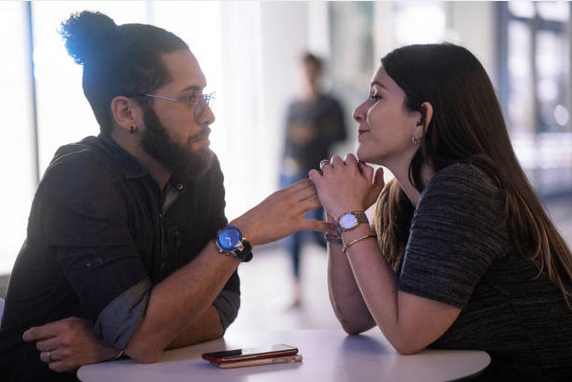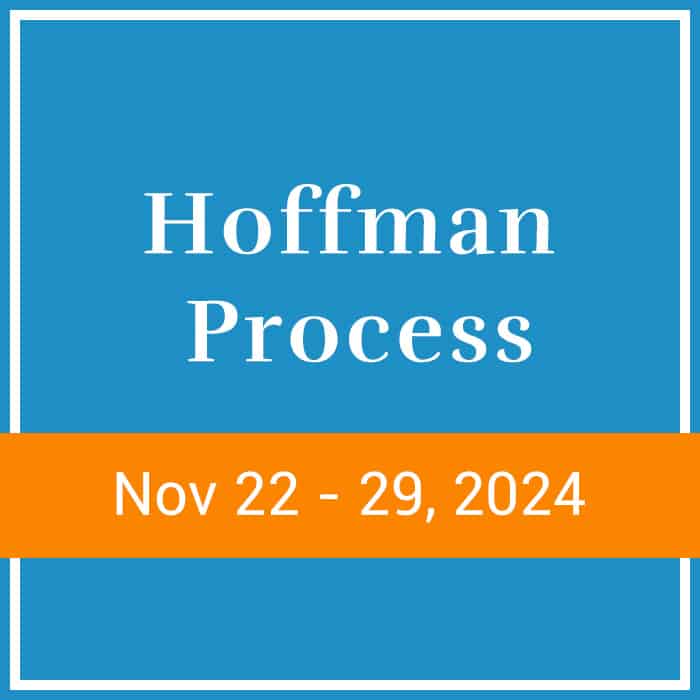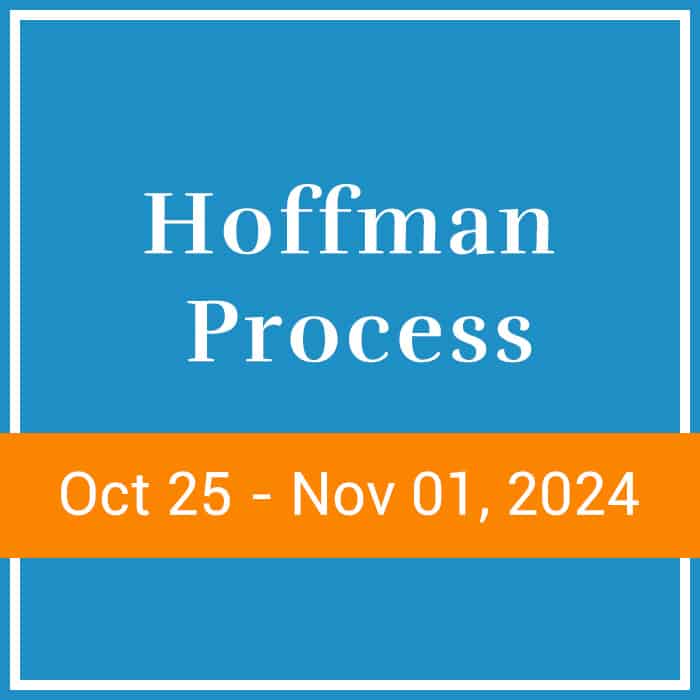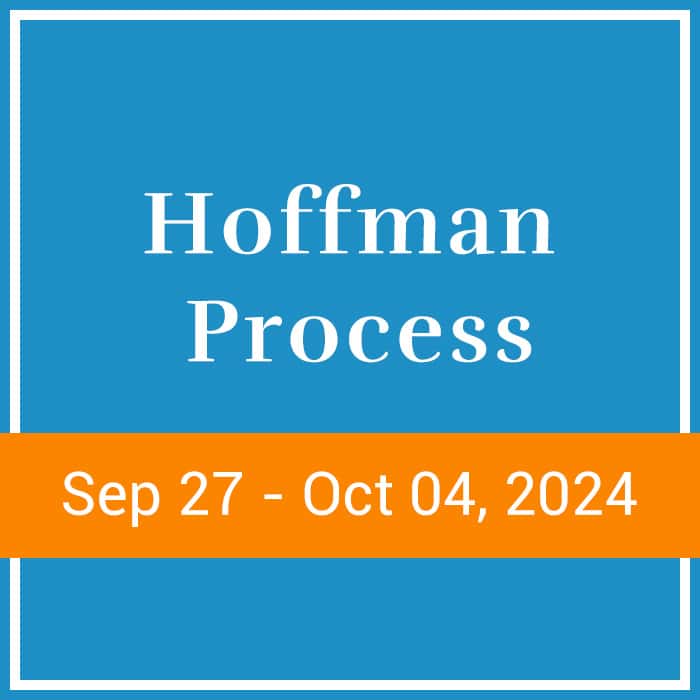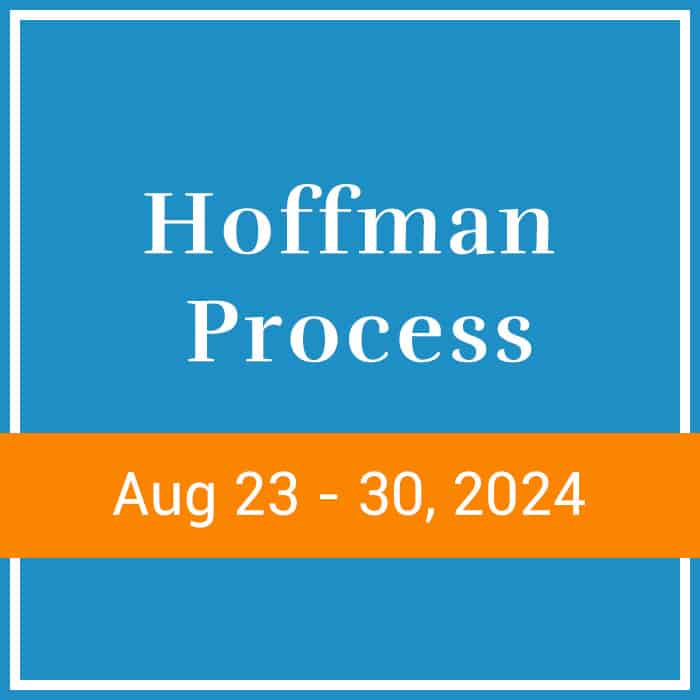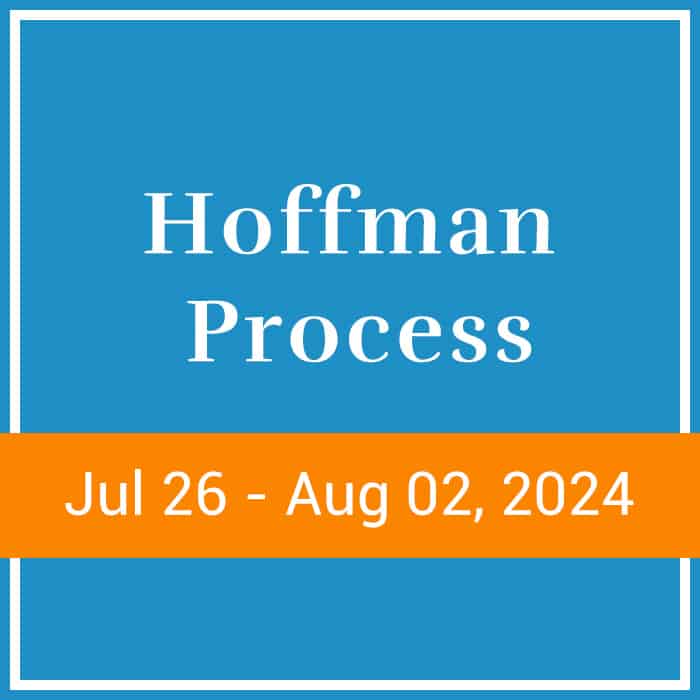As a child, how did your parents react when you cried or outwardly showed your frustration? Did they allow you to air your emotions or were you told to ‘suck it up?’ Many of us were taught that keeping a straight face was the superior thing to do, that vulnerability was a weakness. But this couldn’t be farther from the truth. In fact, vulnerability is crucial if we hope to get our emotional needs met, connect authentically with others, and potentially thrive in the workplace. And this is no easy feat; vulnerability takes courage, but the benefits are well worth the risk.
Why is vulnerability important?
Dr. Brené Brown, whose seminal TEDx talk ‘defined vulnerability as ‘uncertainty, risk, and emotional exposure’. It’s the rocky feeling we get when we venture out of our comfort zone and loosen our control. Seeing it as ‘the core’ of human experiences, and the birthplace of love and empathy, Brown suggests that vulnerability is the pathway to intimacy and connection. Without vulnerability, we never let ourselves be seen, and that’s a lonely way to live.
When we have the courage to be vulnerable, we are showing others that we are human and fragile just like them. Witnessing us as we stand in our truth, others may feel inspired to be more vulnerable themselves. Vulnerability makes us more approachable and opens us up to receive empathy from others.
What about vulnerability in the workplace?
Vulnerability can help to make the workplace a psychologically safe environment, especially when shown by leaders. By being vulnerable and allowing others to be vulnerable, the workplace becomes a place in which mistakes are viewed as learning experiences and collaboration is always welcome. In such an environment, nobody is punished for speaking up and teamwork is valued by all.
Why are we afraid of vulnerability?
Aside from equating it with weakness, we may fear vulnerability if we are still holding on to unresolved trauma. After all, it’s difficult to be vulnerable with those we don’t trust, and we may find it hard to trust others if we didn’t trust our parents or caregivers. As children, our parents or caregivers may have sent the message that authority figures like them held all the power. And now, as adults, we project this fear onto others, seeing them as unsafe. In this way, we hand our power over to them just as we did as children.
How to embrace vulnerability
Learning how to be more vulnerable takes courage and it isn’t always a straightforward path. But the following actions can help:
- Explore your relationship to vulnerability: what messages did you receive about vulnerability as a child? Were you allowed to show your emotions or ask for what you needed?
- Recognize your needs: to get your needs met, you must acknowledge what they are. This may entail tuning into your emotional body when triggered. If someone has shown up late for a meeting, do you feel that your need for respect has been threatened? If your spouse got distracted during a conversation, did your need for connection go unmet? Recognizing your needs is the first step in asserting them to another and requesting that they be met.
- Ask for support: asking that your needs be met or that you need help requires you to be vulnerable and essentially brings you closer to others. Just make sure that your request is reasonable and that you have fully vocalized your feelings so they can see your point of view.
- Ditch perfection: when you aim for perfection and berate yourself when you fall short, it can inhibit your ability to succeed. After some time, you may give up on trying altogether to avoid the disappointment you feel when you don’t produce the outcomes you most desired. Try shifting your focus to the enjoyment of the experience itself. Vulnerability isn’t about winning in the game of life or losing — it’s about showing up to play.
If you suspect that unresolved trauma is getting in the way of your vulnerability, find out how the Hoffman Process can help you examine the messages you received from childhood and enact change.
This article was contributed by Erica Garza. Follow @ericadgarza on Instagram
References




